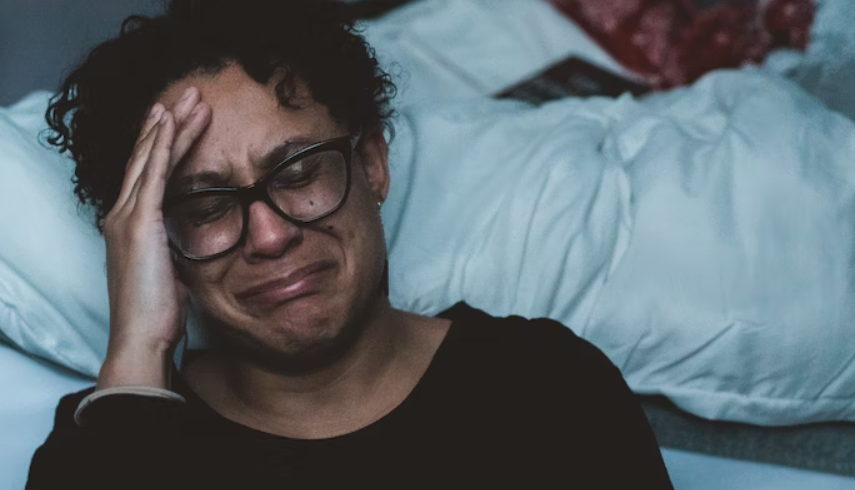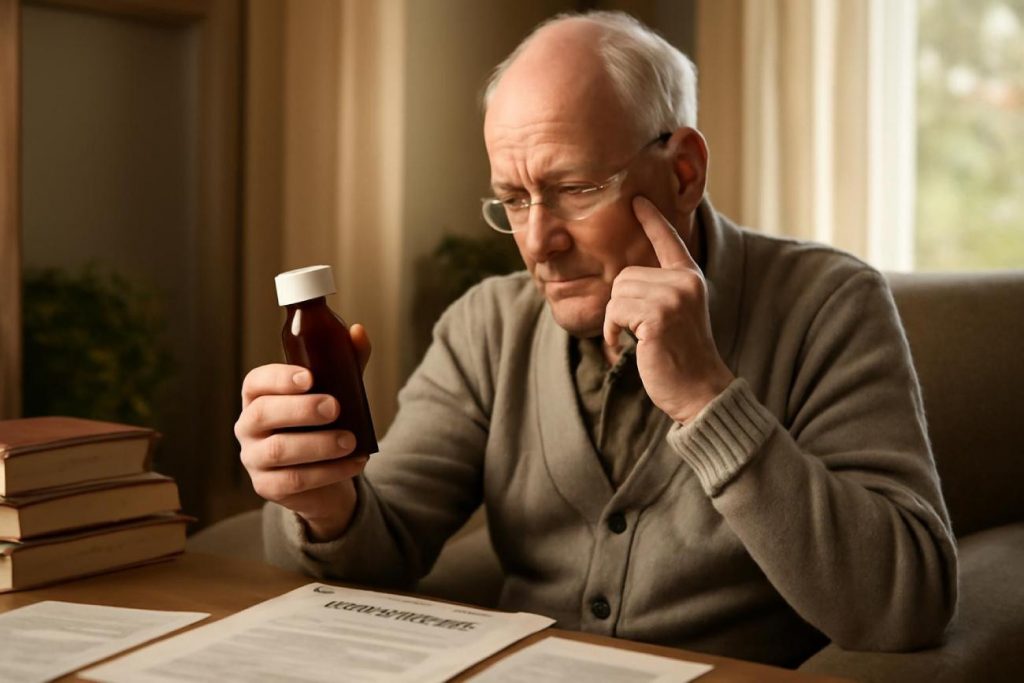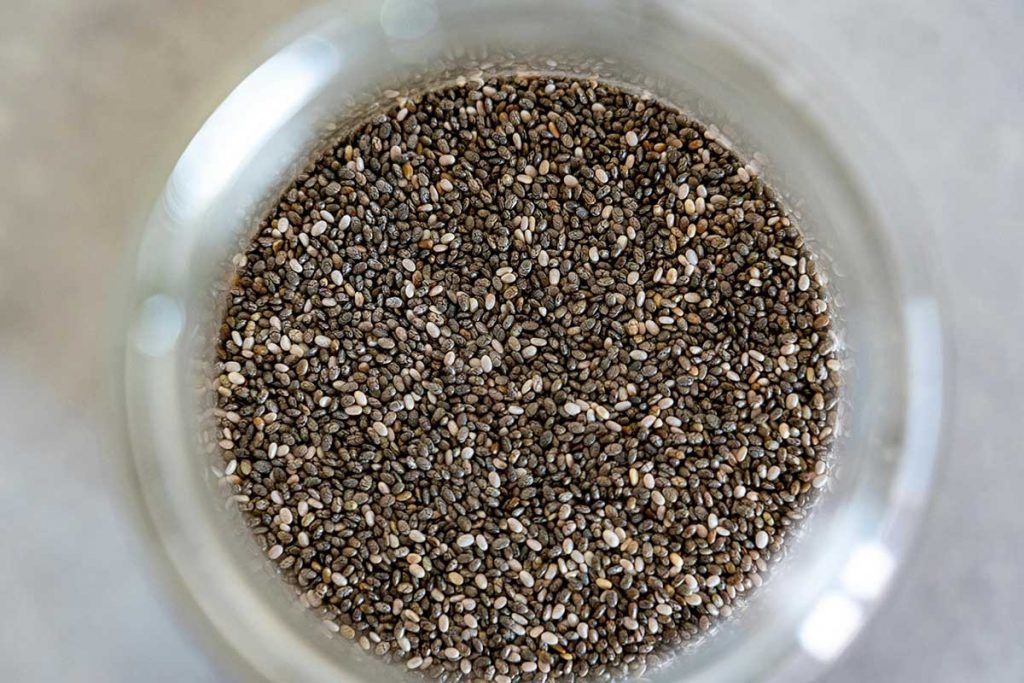Long Hours on the Internet Linked to Increased Depression Risk

© Claudia Wolff / Unsplash
Haven’t girls had enough already? A recent study published by Psychological Medicine, sadly says no. The research claims that girls who spent longer hours on the internet showed more depressive symptoms than boys of the same age group.
The impact of social media on girls raises an interesting discussion on the increased depression risk that it causes. Although online social interactions can be beneficial for connecting people with one another, their negative effects have been manifested in girls for longer than you might think.

How Depression in Adolescents Manifests
But why is adolescence such an important life period regarding the study? People who experience any type of depression symptoms during their adolescent years, will face issues with and develop major depression symptoms in adulthood as well.
Fitzpatrick and her team focused on understanding how depressive symptoms are linked to adolescent internet usage. The group claimed that using the internet at higher levels could be closely related to depressive symptoms over time. However, this conclusion is not the same for boys and girls.
The Correlation Between Depression and Internet Usage
So, how do girls become part of this equation? The research suggests that internet usage, especially among girls, can serve as a notable risk element for the development of depressive symptoms.
The team conducted an analysis using data from the Quebec Longitudinal Study of Child Development, spanning from 1998 to 2018. This included 2,837 children born in Quebec, Canada, between 1997 and 1998. The study focused exclusively on 1,547 individuals aged 13, 15, and 17, from 2011 to 2015.
To get the needed results, the participants were asked to answer a questionnaire filled with questions related to their internet usage. This included gaming, texting, chatting, and using social media in general. Over the two weeks in which the tests lasted, the participant spoke out about their symptoms by themselves. The data was then collected, by asking the participants to choose between prompts such as “I hate myself” or “I do most things well.”
Boys vs. Girls – What do the results say?
The findings revealed that girls had higher depression scores than boys at all ages, and girls also reported more internet use at age 15. However, interpreting depression-related statements differently raised concerns about comparing their symptoms, leading to separate analyses of boys and girls.
Boys who used the internet more displayed a connection to increased depressive symptoms. However, the relationship between depressive symptoms and internet usage was inconsistent between ages 13 and 15. Depressive symptoms at age 15 were linked to those at age 17, alongside internet usage. While there was some stability in boys’ depression symptoms and internet usage between these ages, early internet usage didn’t predict later depression.
For girls, a notable finding was that increased internet usage at an earlier age correlated with more depression symptoms later on. The hours spent online during their younger years were linked to heightened depression symptoms in later stages.
However, it’s still important to note that this discussion can’t exist without including the reason why this happens. Additionally, this study only included the self-reported data that the participants were comfortable with sharing, so take everything with a grain of salt!



